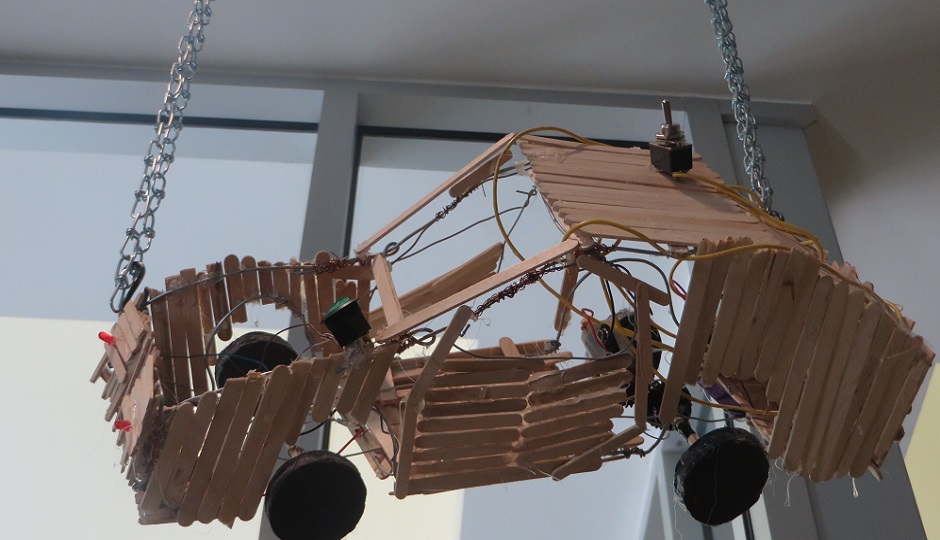
Supporting young people from disadvantaged multi-ethnic communities
The objective of this research-action project was to set up extracurricular science clubs for students in the first year of high school. By encouraging young people to join such a club, the project aimed to encourage the development of a sense of belonging to the school and foster positive relationships with education in general and science and technology in particular. Furthermore, such a project would provide participants with support during their transition from elementary to high school, both academically and socially. The science club enabled its young members to improve their science and technology knowledge and skills and develop a love of learning and a positive self-image beyond the context of school, while providing motivation for their future.
The objective of this project is to set up extracurricular science clubs for students in the first year of high school.
An innovative teaching method rooted in the interests of the students
The science club’s activities involved the production of video documentaries on topics chosen by the young participants themselves, relating to biodiversity and the environment. Participants were called on to express their ideas and use their skills in developing the documentaries, and to assume increasing responsibilities in carrying out scientific activities which were then shared with the school and exhibited in the community.
The university as partner – a model worth exploring
The club’s activities were supervised by graduate students from Université de Montréal, making the project a university-school partnership. Furthermore, the club established links with institutions such as the Montréal Botanical Garden to allow the young participants to experience a summer internship in one of the Garden’s programs or summer camps. The partnership with Université de Montréal and its teacher training program also provided the opportunity for Bachelor of Education students to complete a mini-internship in an extracurricular program as part of a required course for the teacher training program.
The future of community high schools
This research-action project provided us with new ways to target the challenges involved in developing urban community schools. In addition, it allowed us to experiment with the idea of presenting young people with a network of activities (both inside and outside of school) based on their interests. This led us to reflect on the organization and advantages of shared learning between formal and informal education contexts, which could be organized by a resource person at the school. As we highlight in our report, it is only through real collaboration between the different actors from the education sector, including schools, universities and community organizations, and by establishing networks that include both in-school and out-of-school learning resources, that we will succeed in targeting the needs of today’s youth and putting their strengths to work for a promising future.
Main researcher
Jrène Rahm, Université de Montréal
Deposit of the research report: August 2015
